Interview - John McTiernan on the Golden Age of Action Films and Why It's Over
By Mulder, Paris, Cinémathèque, Salle Jean Epstein, 04 march 2025
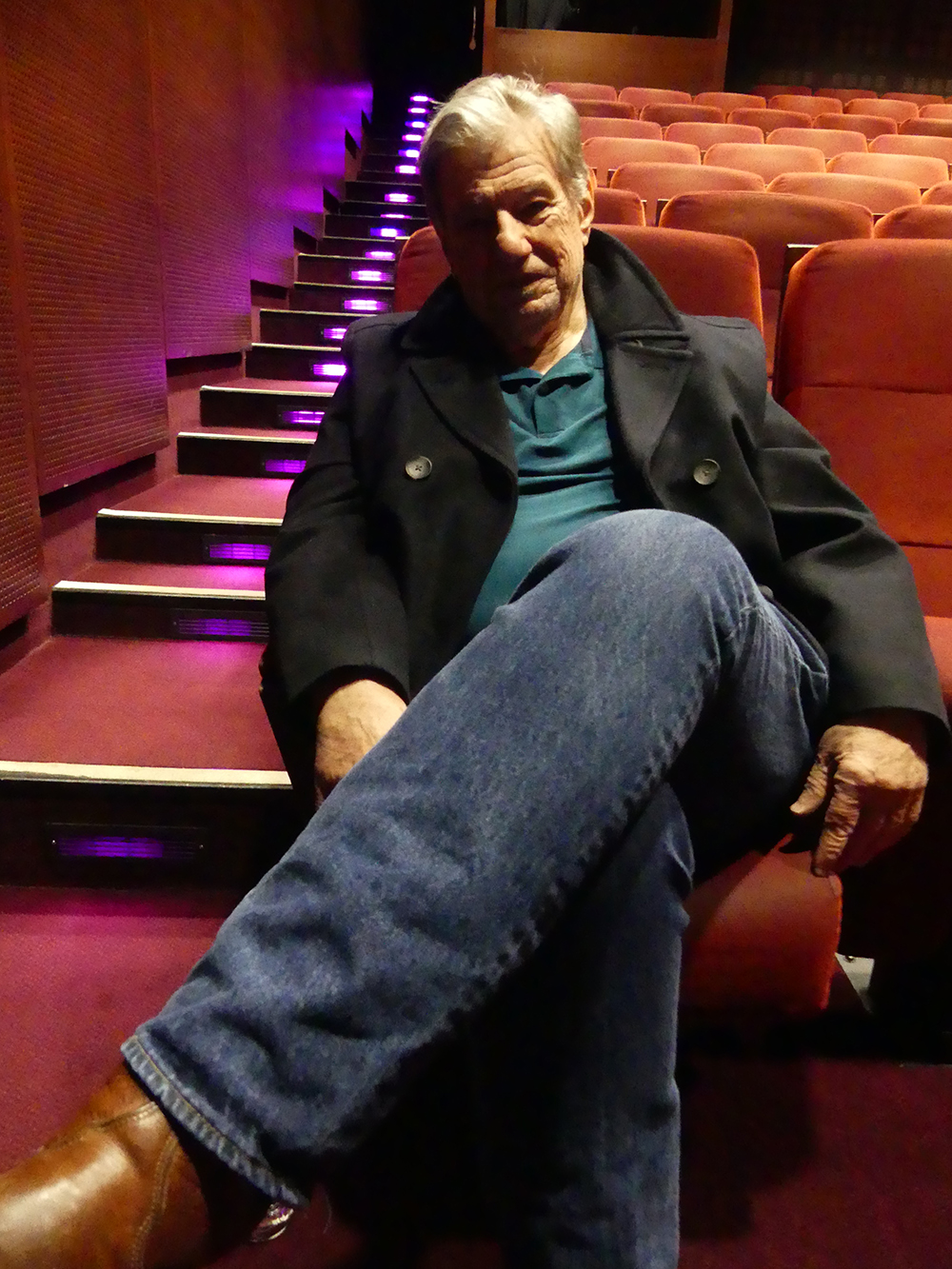
John McTiernan, the visionary director behind Die Hard, Predator, and The Hunt for Red October, made a remarkable return to the spotlight at the Festival de la Cinémathèque Française, held from March 5 to 9, 2025. As a guest of honor, John McTiernan was celebrated with a special retrospective, showcasing his most iconic films and offering audiences rare insights into his creative process. Known for revolutionizing the action genre with his signature blend of high-intensity storytelling and technical mastery, his presence at the festival sparked discussions about his enduring cinematic influence and the possibility of a long-awaited directorial comeback. In an exclusive 15-minute interview, we had the opportunity to delve into his career, his thoughts on modern action cinema, and his future projects.
Q: Your films like Die Hard and Predator have shaped modern action cinema. Looking back, what do you think made your approach so distinct and influential ?
John McTiernan: How do I know? How can I answer that question? I don't know. I do hope that they hold up, that they don’t become—excuse me—so far, I don’t think they’ve become dated, and I’m happy about that.

Q: Your visual storytelling often emphasizes movement, tension, and realism. How do you approach crafting action sequences differently from your contemporaries ?
John McTiernan: I don’t know—do I do it differently? I just time—I am a precursor of the action. I just tried to, actually, you know, I had cut my teeth on European movies, so I shot in a style that was much more like European movies.
Q: You’ve often spoken about the importance of cinematic rhythm. Could you elaborate on how you use editing and pacing to build tension in your films ?
John McTiernan: Oh, I don't know. "Rhythm" is a word that is often confusing because rhythm in music is metric—it is measured. Rhythm in movies is not measured and you can't measure it—it's a feeling. I remember the first time I started trying to learn to edit. I went through elaborate processes of, um, making each shot 23 frames long, a certain number of frames, and I thought that would be how I would give it rhythm and things like that. And all of that is nonsense—it's just not true. Rhythm in movies is an ephemeral quality—it’s something one feels. You can't measure it as you can in music. Looking back, The Red is really a master class in suspense and atmosphere.
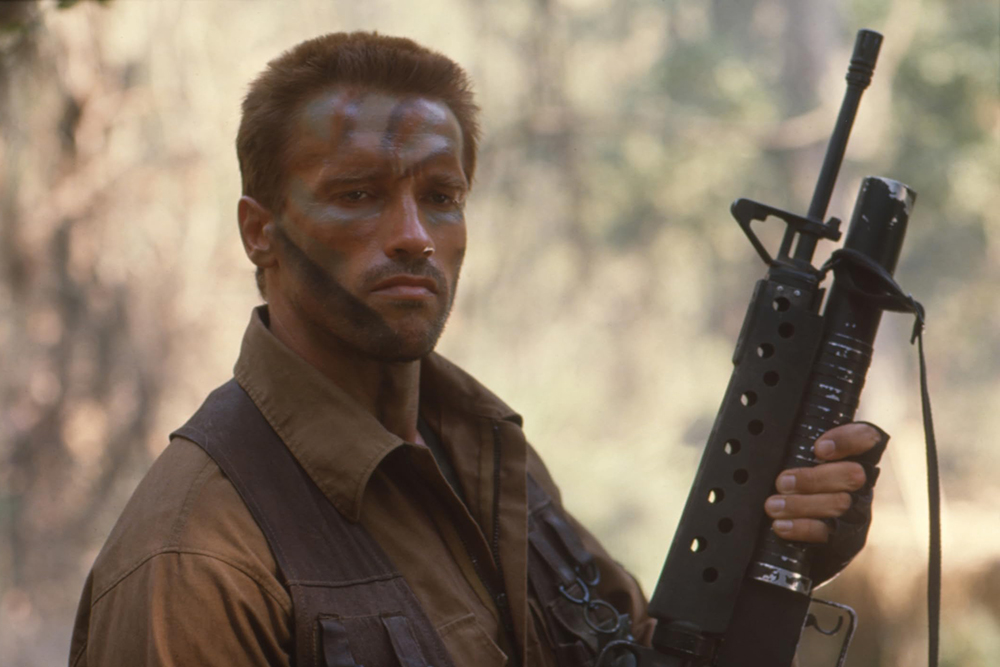
Q: Looking back at The Hunt for Red October, it’s a real masterclass in suspense and atmosphere. What was the biggest creative challenge in adapting such a dense novel to the screen ?
John McTiernan: I don't know. Red October—well, I mean, we had a lot of mechanical things to do. You know, we had to give people two different submarines and submarine styles, let them know which one they were on whenever we cut back and forth, and ensure the styles were still distinct. But those are just standard moviemaking things—it wasn’t any great invention on our part. The movie itself was really Treasure Island, so it was actually an adventure story rather than it wasn’t really a nuclear war suspense story at all.
Q: The action genre has evolved significantly since your era-defining films. Do you think today’s blockbusters are missing something that your generation of directors got right ?
John McTiernan: Yes, hundreds of directors got it right. I mean, the studios are no longer owned by filmmakers—yeah—they're owned by money. Yes, and they are controlled by the overseers of the money, and the money—well, they just make whatever is most likely to return money to their owners. That's why, for 30 years, they have made comic books. The men who used to control the studios, even if they pretended they were crude, knew they were participating in the literature of the day. These men don’t. They have no idea about it, they don’t care. It’s only just—um—they're the same people who oversaw cotton plantations two centuries ago. They don’t care what the cotton is—they just want it to sell for a good price on the dock in London. That’s all it’s about. So they’re not moviemakers, and the studios don’t really make movies anymore.

Q: Die Hard is often imitated but rarely equaled. What do you think modern action films misunderstand about what made it work so well ?
John McTiernan: Why do I think—what? Um, what do modern action films misunderstand about what made it work so well? Oh, I have no idea. Well, there is the obvious thing—comic books. They're not action movies; they're not really even movies. Uh, you know, it's the result of market research—where can we sell this to the most people and be most certain of getting a profit? Yeah. It’s exactly the same thing—I’ve said it to many people here today. It's—it's, you know, why are cars all the same? Yeah. All the automobiles in the world look identical because they all get exactly the same market research, and they all make exactly the automobile that they can sell the most of, right? So, whether it's from China or from Korea or from, um, Detroit or Japan or Italy or Sweden, the cars all look identical. Yes, okay. Well, it’s the same thing with movies. Car makers are not running the car business anymore, okay? Yes. They used to be proud of the cars they made, yes. They used to have ideas about the cars they made. They used to think of them as something they created. Now, they just think of them as money—to sell, to get money for the people they work for. That’s all.
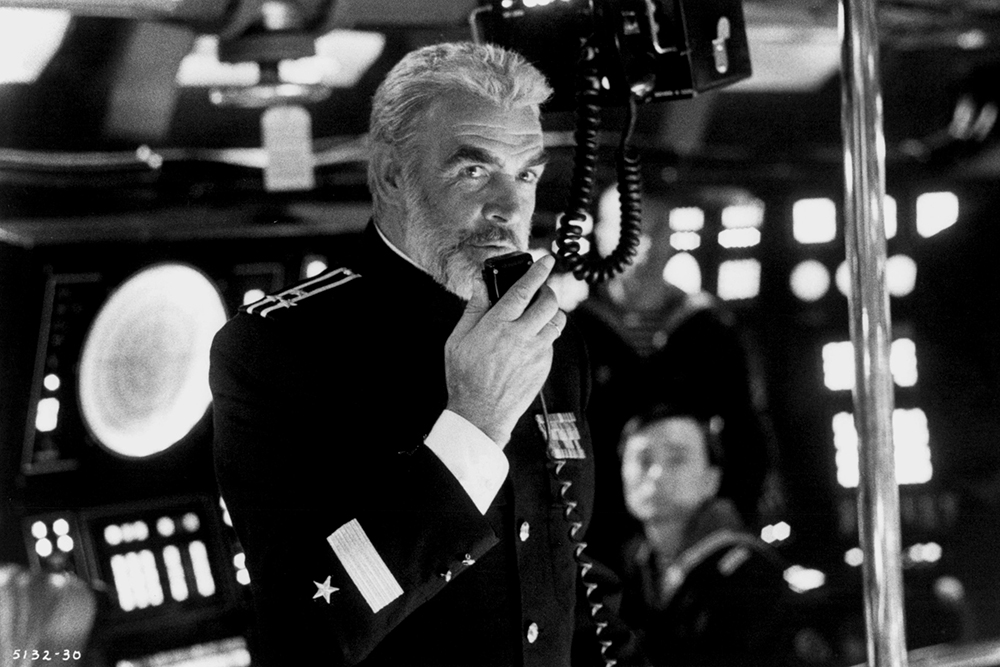
Q: You’ve worked with legendary actors like Bruce Willis, Sean Connery, and Arnold Schwarzenegger. Was there a particular collaboration that stood out as uniquely challenging or rewarding ?
John McTiernan: I don't know—they were all different. One of the tasks of a film director is, yeah, to figure out how to work with all these different people—and they’re very different, yeah. Um, you have to pay attention, learn the way they work, and adjust the set and the way you work to match them. You have to take care of them so that they do their best work.
Q: Your films have a strong sense of spatial awareness, whether it's the confined verticality of Nakatomi Plaza or the claustrophobia of a submarine in The Hunt for Red October. How do you approach blocking and geography to maintain clarity in complex action sequences ?
John McTiernan: Well, I've always thought it was something one should do. If you—if you don’t know where the place is or how it's laid out, you have no idea what—yeah—what the action is. It doesn’t mean anything because, I mean, action is movement in space. If you don’t understand the space, you don’t understand the action, and you can’t react to it. So, yes, I always tried to take the time—yes—to explain the space to the audience. If anything happened there, they understood the space. There was no way they could think of themselves as being part of the story or in the story unless they understood the space.
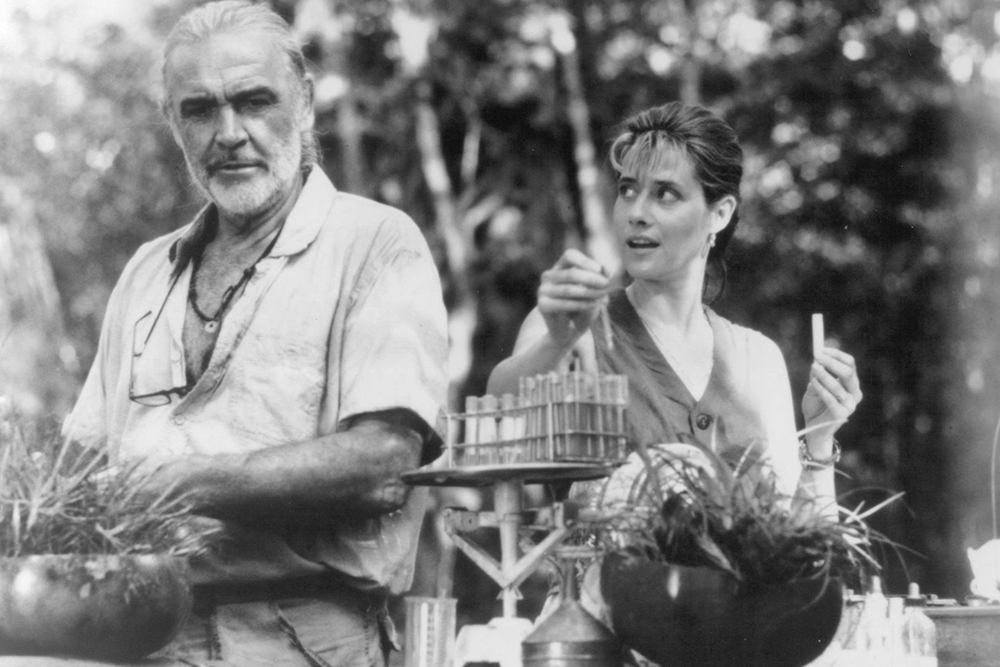
Q: Many action films today rely heavily on CGI and digital effects. You worked with more practical effects and in-camera techniques. Do you think something is lost in this shift, or do you see potential in how technology is evolving ?
John McTiernan: Do I see potential in how technology is evolving? Oh, there's nothing evil in the technology—it's fine. There's a sort of rule about it, okay? A new technology always involves a step backward in the art. If it's in movies, let's say—um, you know, when movies got soundtracks, the movies became less artful, yeah. When movies got color, the movies became less artful. But eventually, people learn how to use the new technology, and they incorporate it into more sophisticated stories, yes. But at first, there is a retarding quality that comes from new technology. The new technology of special effects and this and that—yes, there is a retarding quality. And people think that the special effect, by itself, is entertainment—when it's not, yeah. But eventually, people will get over that, and special effects will just be one of the tools of making a movie, that’s all. The effects are not evil in themselves.
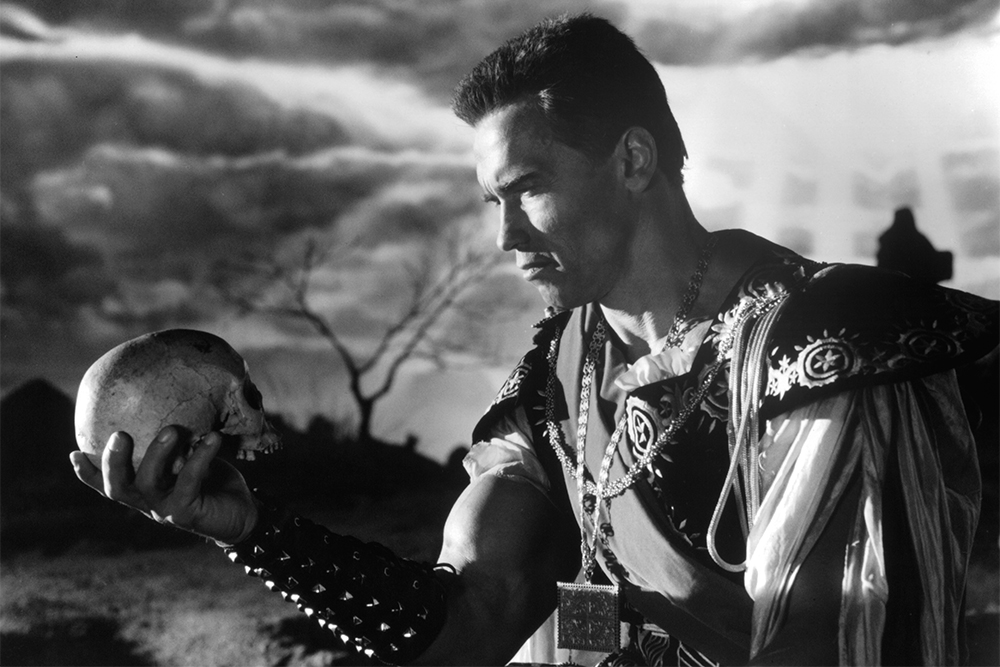
Q: This week, the Cinémathèque Française in Paris is paying tribute to your body of work. How does it feel to see your films celebrated in this way, and what do you hope audiences take away from revisiting them on the big screen ?
John McTiernan: I mean, what filmmaker is disappointed that too many people see his movies? Are you kidding? How can I answer that? I'm very happy that it seems my films haven’t grown dated. Uh-huh. I’m thrilled about that. I also—I hope you see—there was a time when movies were always moral discussions. Uh-huh. Certainly, all the time. And it might have been John Ford who set that standard, who made it that way. Every John Ford movie, from The Grapes of Wrath or, um, Stagecoach in 1934—was it?—through the last of the films he made in the 1960s, and for 30 years after, people believed that movies were moral discussions. Yeah. They had a moral quality, and that people in them—if they were to be portrayed as heroes—yeah, should, in some way, be behaving morally. John Ford never made a movie about an evil man. But one of the things that happened with, um, the end of filmmakers owning studios or running studios is that the moral discussion ended. Yeah. And a lot of movies that are not comic books are also not moral discussions—and it’s a simple piece of nonsense.
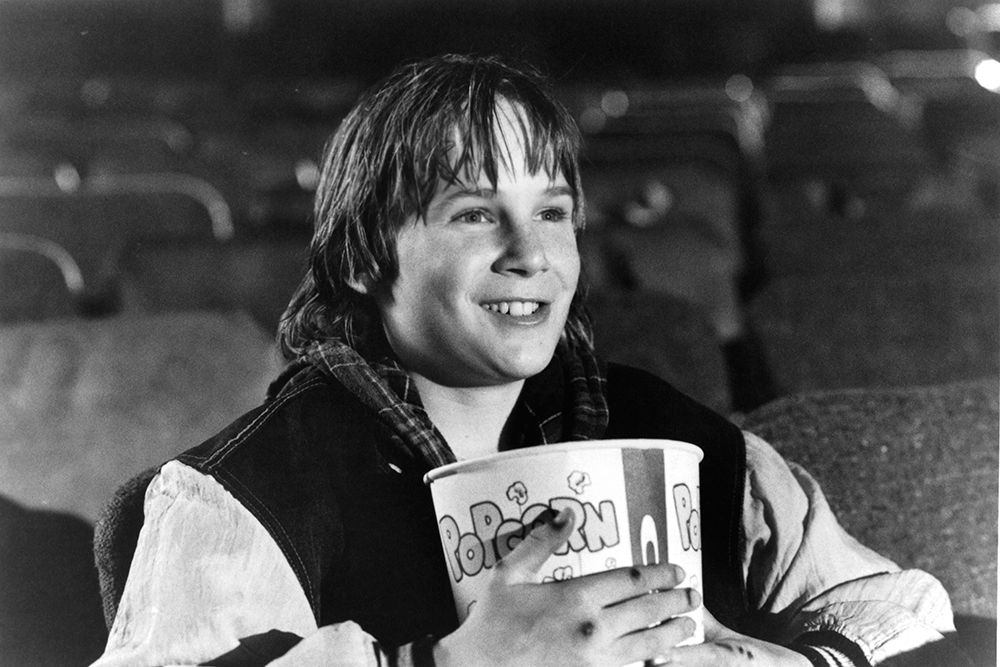
The festival’s lineup for John McTiernan’s films includes:
March 5, 2025, 20:00 – Last Action Hero (1993) (presented by John McTiernan)
March 6, 2025, 17:45 – The Hunt for Red October (1990) (followed by a discussion with John McTiernan)
March 7, 2025, 14:30 – The 13th Warrior (1999) (presented by John McTiernan)
March 7, 2025, 16:30 – Die Hard (1988) (presented by John McTiernan)
March 8, 2025, 14:00 – The Thomas Crown Affair (1999) (followed by a discussion with John McTiernan)
March 8, 2025, 18:00 – Predator (1987) (presented by John McTiernan)
We'd like to warmly thank Alexia Coutant for her excellent welcome and for this superb interview with one of America's greatest directors.

Photos and video : Boris Colletier / Mulderville

